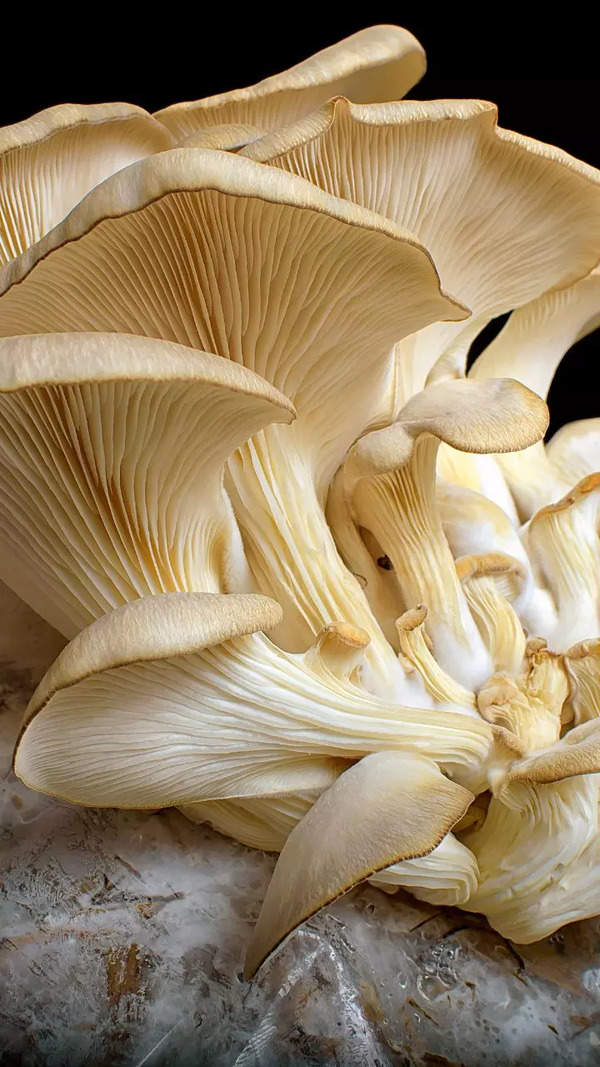- News
- City News
- thiruvananthapuram News
- Govt takes a measured peg in liquor policy
Trending
Govt takes a measured peg in liquor policy
Thiruvananthapuram: The state's liquor policy for 2025-26, cleared by the cabinet on Wednesday, has retained the 'dry day' on the first of every month, with two key exceptions. It allowed FL-6 licences -- one-day permits to serve liquor at events such as weddings, corporate conferences or exhibitions -- on dry days and included private vessels classified under the Indian Register of Shipping (IRS) in bar licence eligibility.
The move, signalling a balancing act, is a clear nod to Kerala's growing MICE (Meetings, incentives, conferences and exhibitions) tourism sector. These permits, which cost Rs 50,000 each, were earlier unavailable on the first of every month, frustrating both event organisers and the tourism industry.
Stakeholders from the hospitality and tourism sectors have long demanded scrapping the monthly dry day, arguing that it hampers business and tourism potential. The opposition had recently accused the govt of planning to end the practice. However, the cabinet has kept it intact -- bars and liquor outlets will remain shut on the first of every month -- while offering partial relief for MICE-linked events.
The expansion of bar licences to private vessels is another exemption. This opens up possibilities for luxury cruise operations and private tourism ventures to legally serve liquor onboard, a facility previously restricted to state-run ships like Nefertiti. A 2019 amendment to the state's foreign liquor rules had allowed the ship, owned by Kerala Shipping and Inland Navigation Corporation, to serve liquor with a new FL-13b licence.
By recognising the revenue-generating potential of cruise tourism and luxury maritime experiences, the govt hopes to tap into a niche yet promising sector. The annual fee for such licences remains Rs 50,000, and all rules enforced on Nefertiti will continue to apply.
The policy has retained the guidelines for toddy shops, including the 400-metre distance limit from educational and religious institutions. With Kerala walking a tightrope between public sentiments, political caution and tourism revenue, the policy seems aimed at being conservative while making pragmatic exceptions. It remains to be seen if this approach will satisfy all stakeholders, but the govt has poured itself a measured peg.
MSID:: 120133899 413 |
End of Article
FOLLOW US ON SOCIAL MEDIA










